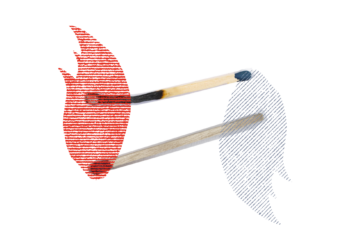Ep. 235: The Week in Review (19.05.23)
In EVN Report’s news roundup for the week of May 19, 2023: An Armenian soldier is killed by Azerbaijani fire in Gegharkunik as Baku continues to violate the ceasefire regime; the foreign ministers of Armenia, Azerbaijan and Russia meet in Moscow today; Armenia’s Government appoints a military attache to India and more.










